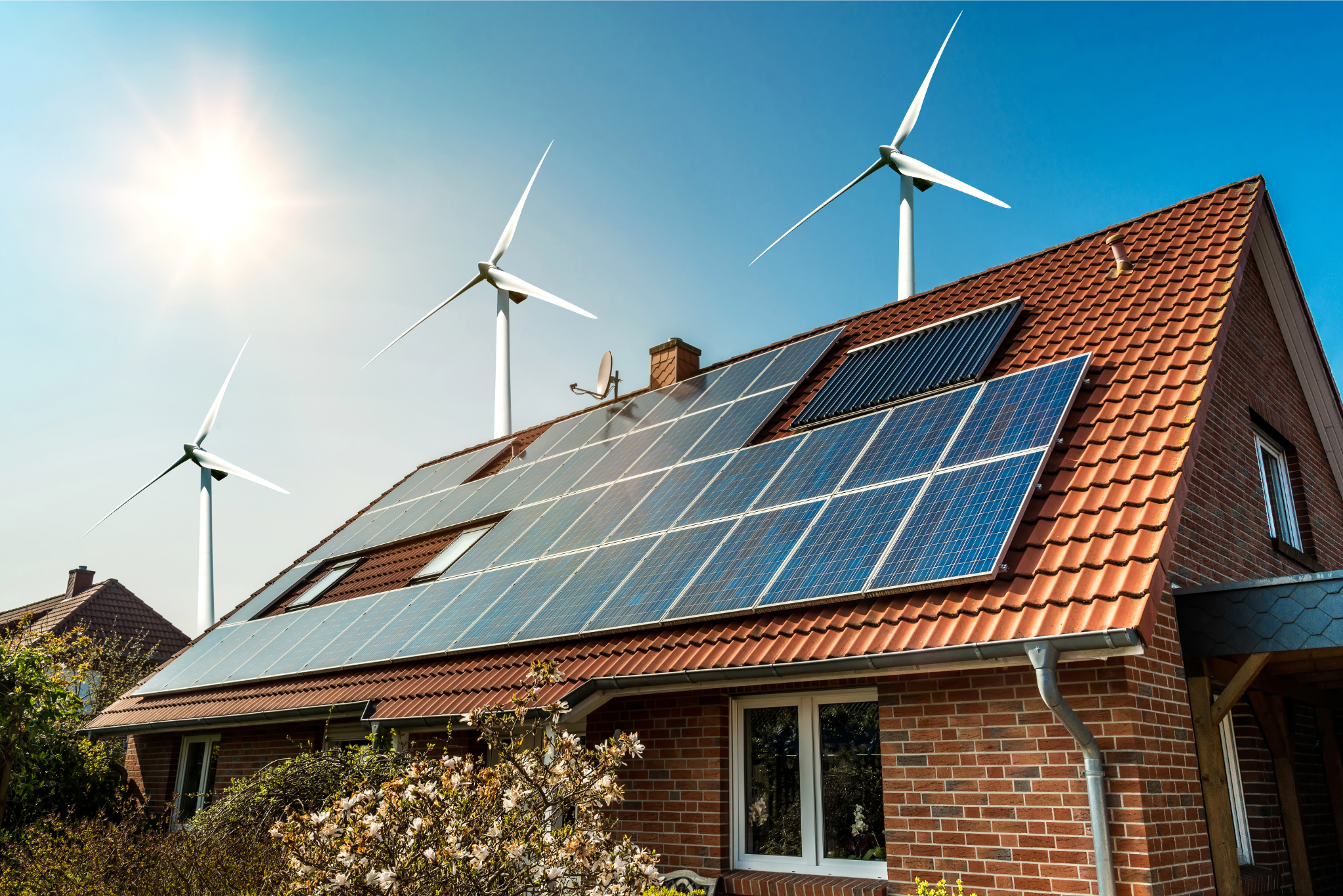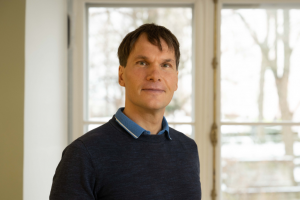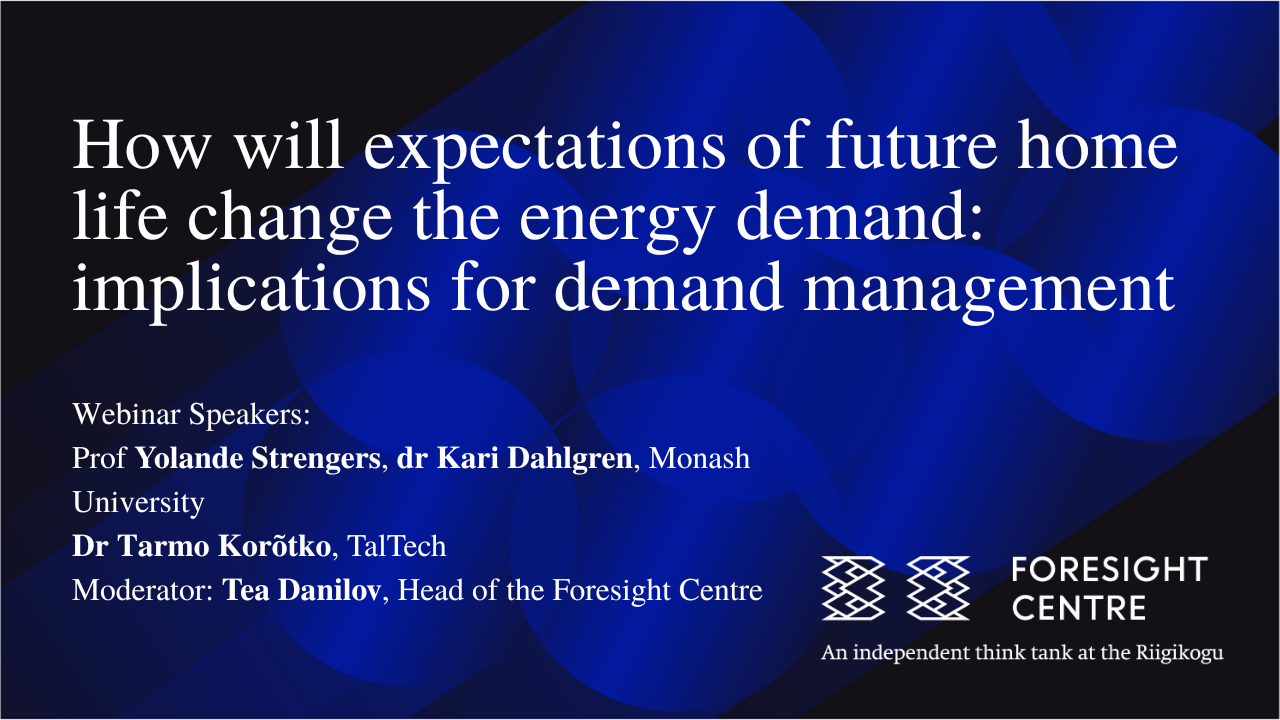Active Consumers in the Future Energy System

A lot of attention has been paid in discussions about the future of energy to options for electricity generation, as increased use of electric power is seen as the most promising choice in the move towards low-emission solutions. The role of consumers in the energy system of the future needs to be considered when fundamental choices are made about electricity generation, as the passive market participant is increasingly becoming a active consumer or prosumer.
The concept of the prosumer is becoming increasingly widespread. The concept can be defined in quite different ways, but the narrowest meaning is an individual, institution or small business that both produces and consumes energy. More broadly, prosumers are all those who make an active contribution to the energy system, by using their batteries to help keep the electricity network stable for example or by managing their own energy consumption more flexibly (EEA 2022). Prosumers can act individually or collectively, in an energy cooperation for example.
Various scenarios for the future of energy both globally and in Estonia see a need for an increased number of prosumers (Ebbers 2020). Prosumers produce a part of the energy they need by themselves or store it up when prices are low, and so they are better protected against higher market prices, meaning this model could be beneficial for more vulnerable consumers and could help reduce energy poverty. The energy facilities of prosumers are often placed on the roofs of buildings, meaning they make efficient use of land. Increasing the number of prosumers is an effective way to use private sector finance to make the energy transition happen (EEA 2022). Cost efficiency is however a challenge for such activities, and their small scale means they tend to be less cost efficient than large projects.
Popularising the prosumer model could also increase energy consumption, as those who produce their own energy may want to consume more of it by using more energy-intensive equipment than before (PROSEU 2020). This would mean that prosumers would be working against achieving climate goals. Distributed production is theoretically more efficient than concentrated production, and proximity to consumers would reduce losses through electricity transmission and reduce the burden on the transmission and distribution networks. Prosumers could however need the electricity network to be developed further, because production levels that vary widely across the year would not allow peak consumption to be smoothed, while the spread of electric vehicles, heat pumps and air conditioning equipment will demand greater capacity from the network. The uncoordinated charging and discharging of batteries could equally cause unexpected production spikes (EEA 2022). Planning, management, and technology would become much more complex for network operators if they are to ensure the security of supply and the quality of voltage.
This all points to a need to carefully consider the role of prosumers in the energy system of the future. Under the right circumstances, the transition to a climate neutral energy system will allow many more consumers to participate actively in the energy system by managing their own demand for energy and by producing energy as well as consuming it. An active participant in the market can reduce their own CO2 footprint, and in many cases also their energy costs. There could also be significant social benefits from consumers taking a more active role, especially in cooperative models. Regulations and political choices in Europe and in Estonia will play an important part in steering developments. The regulations need to allow producers to choose the most attractive business models, while also making sure that they meet the systemic requirements (Brown et al. 2020). This is a serious challenge for political policymakers, as the new energy system is only at the design stage, and there remain many questions to answer. How should investment in renewable energy be funded in the future? Will the mechanisms for setting electricity prices change? How will the construction of the electricity network be funded and how should those costs be divided fairly between users of the network? What measures are needed to ensure network stability in a fully decentralised system?
The key questions for the research stream are:
- What are the key factors that the role of the consumer in the energy system of the future depends on? Which factors can be managed at the national level and which will be shaped by external factors?
- What are the possible scenarios?
- What do these developments mean for energy production, such as the need for investment and security of supply; for energy transmission, such as construction requirements for the electricity network; and electricity consumption, such as active demand management, peak consumption compensation models, and data-based energy services?
The work is closely linked to other research streams of the Foresight Centre, especially those on the green transition and the regional economy.
News linked to the research
-
05.07 2024Home battery storage could serve the interests of the Estonian electricity system
Short-term energy storage would help solar panel owners to increase the profitability of their electricity production, which would also help keep the Estonian power system in balance, according to an analysis commissioned by the Foresight Centre.

 An independent think tank at the Riigikogu
An independent think tank at the Riigikogu 
